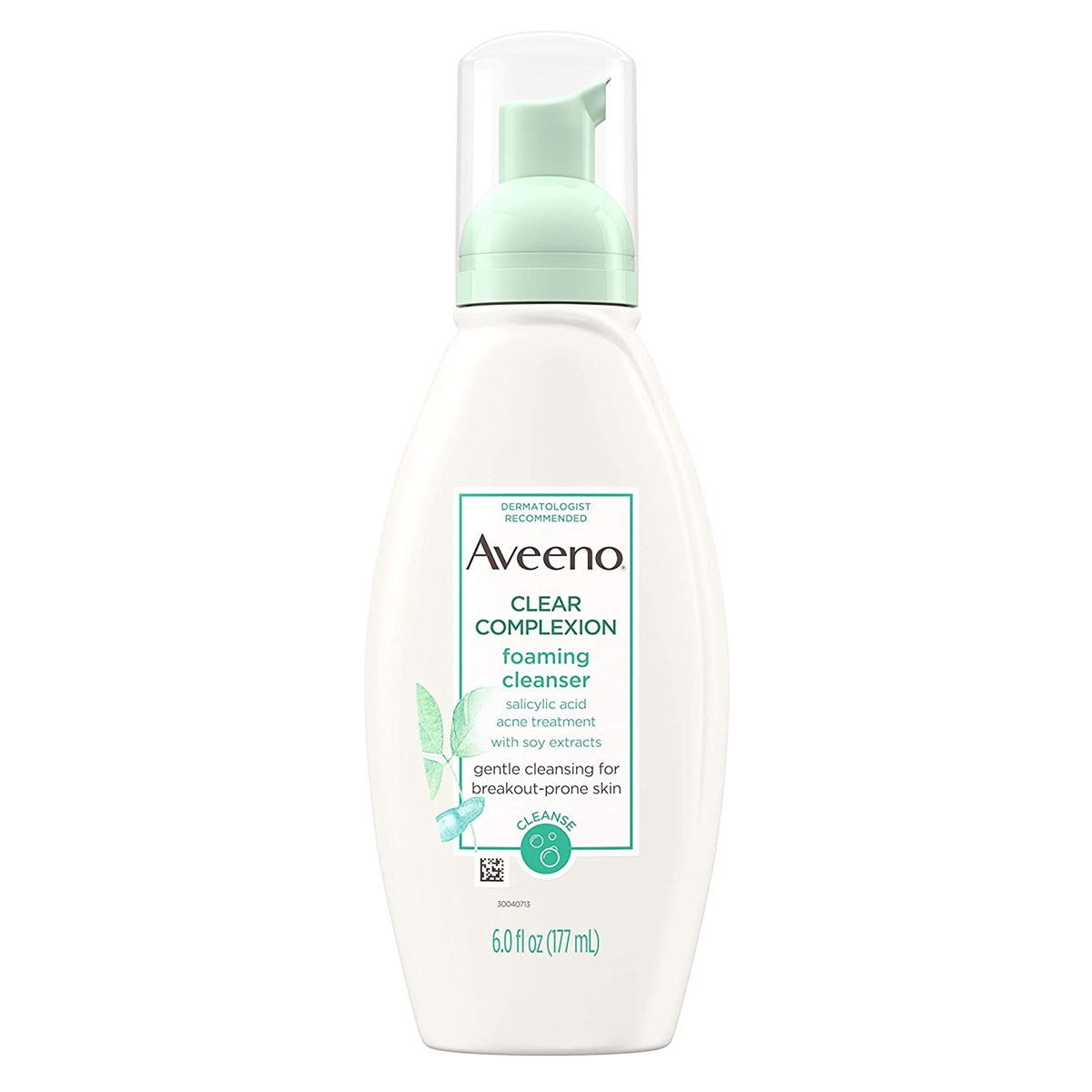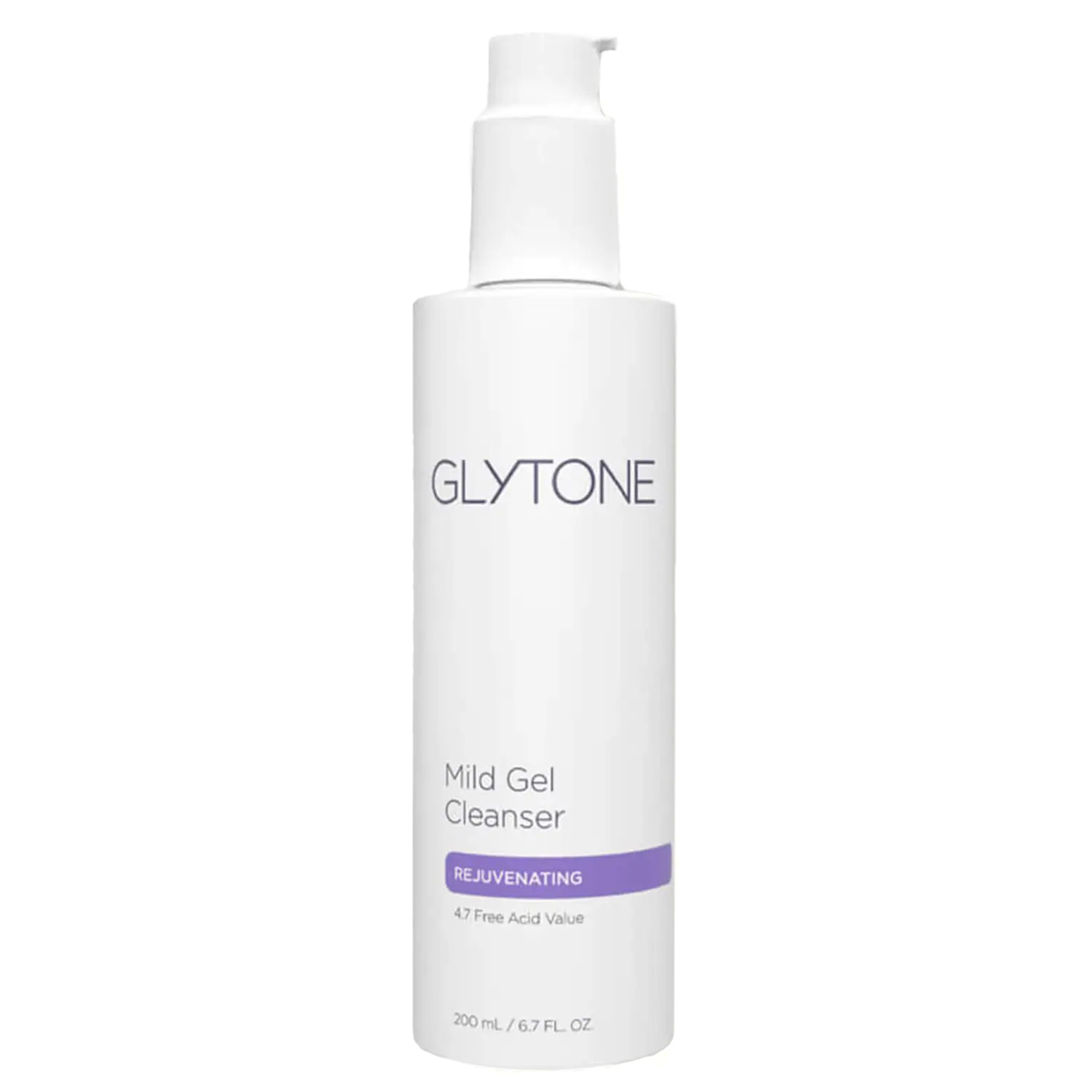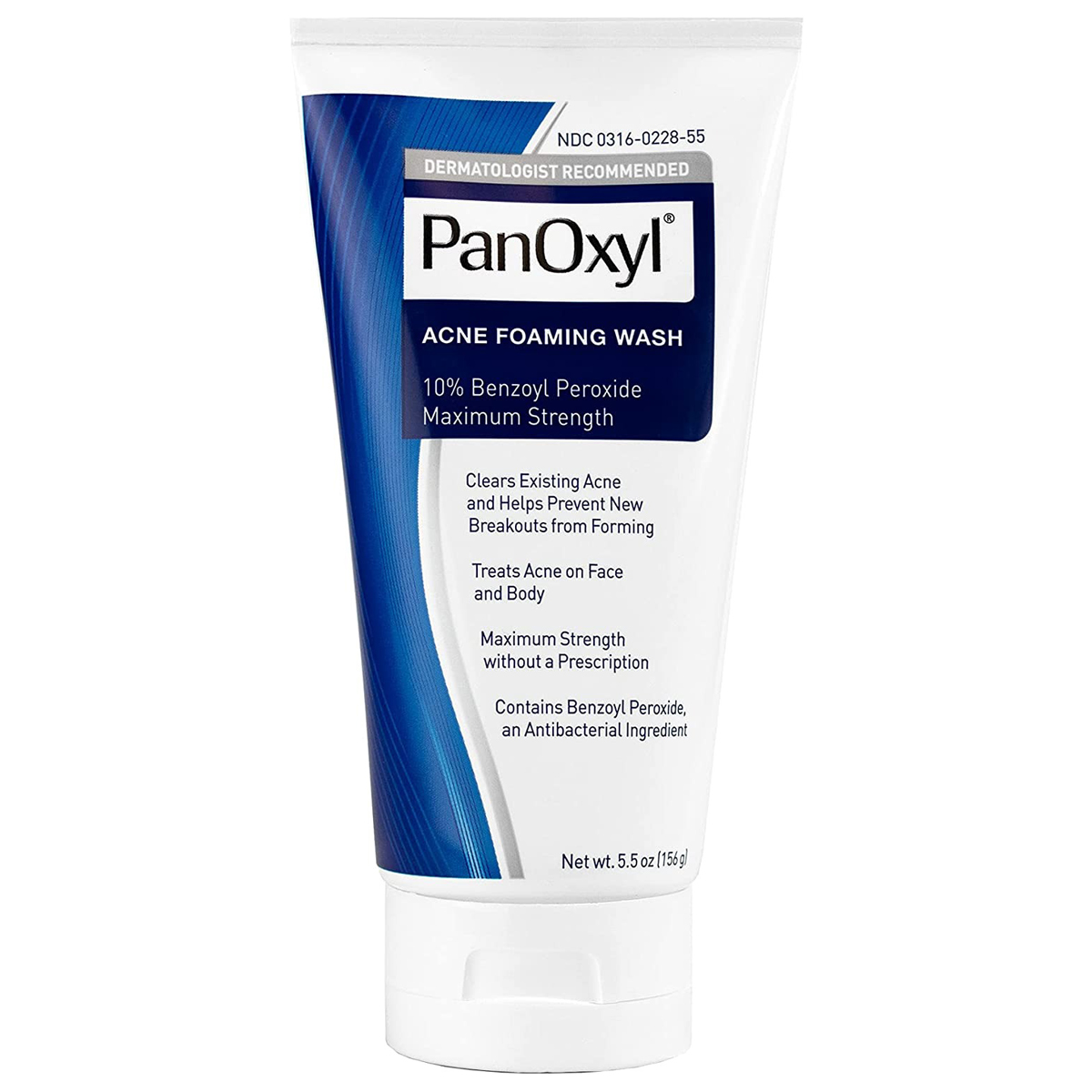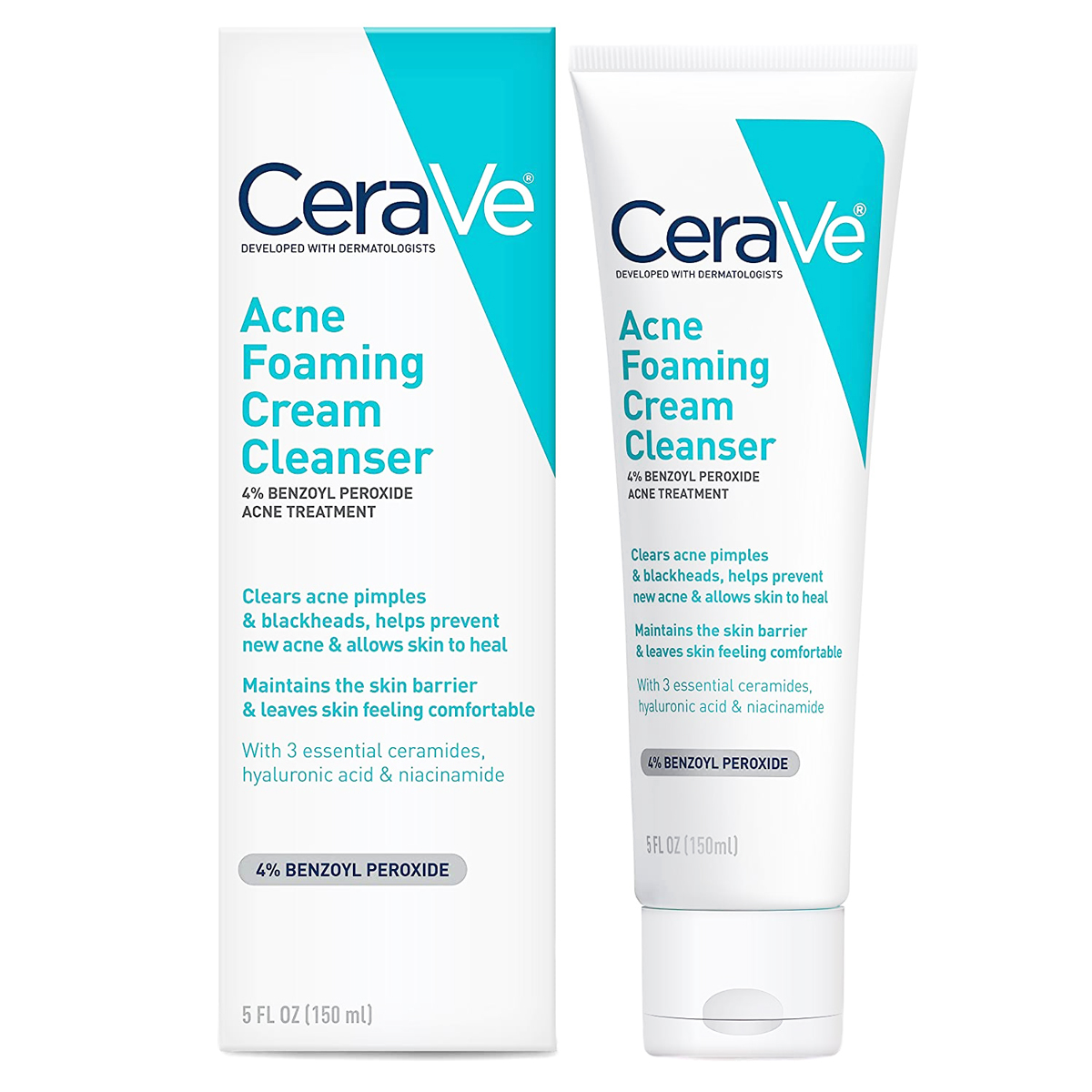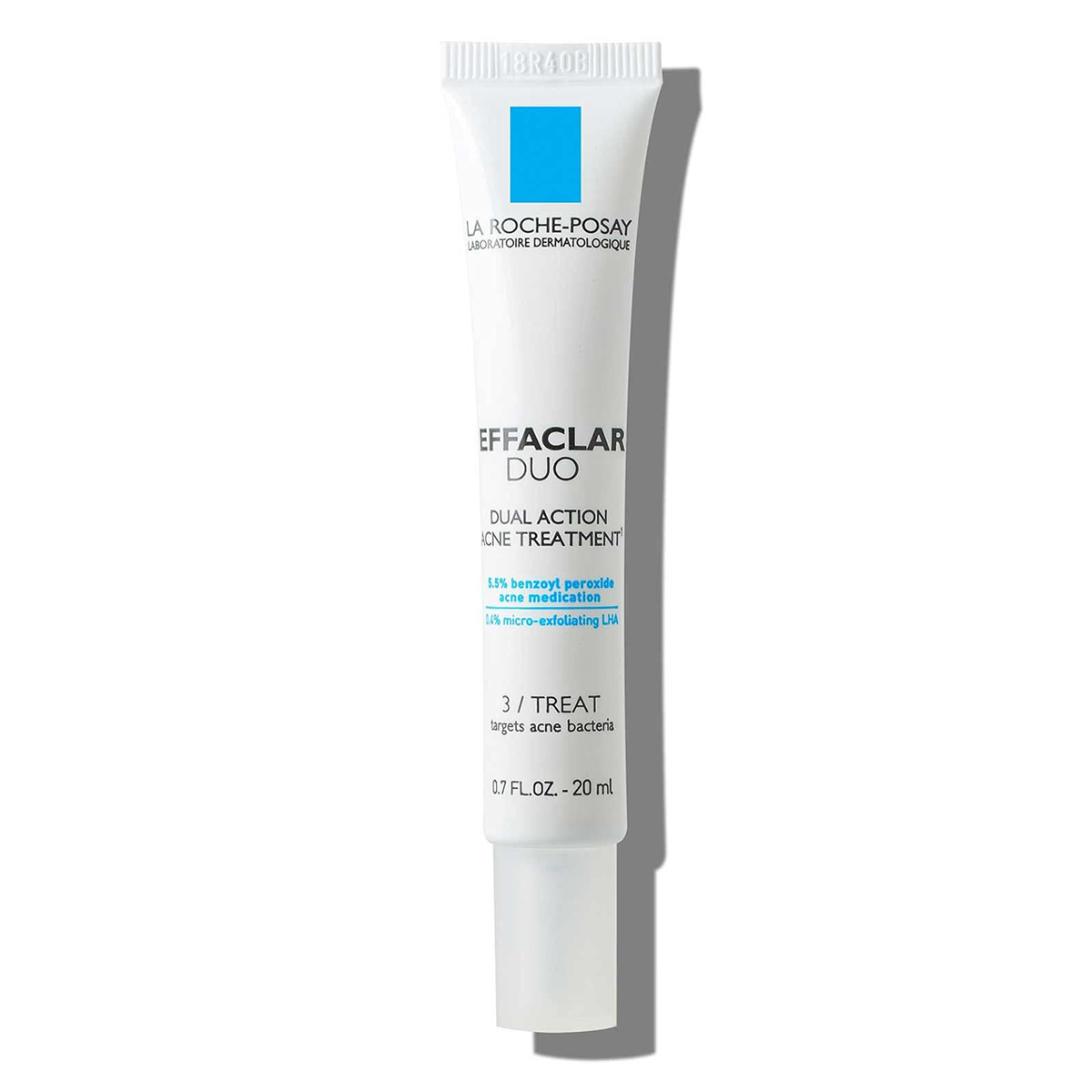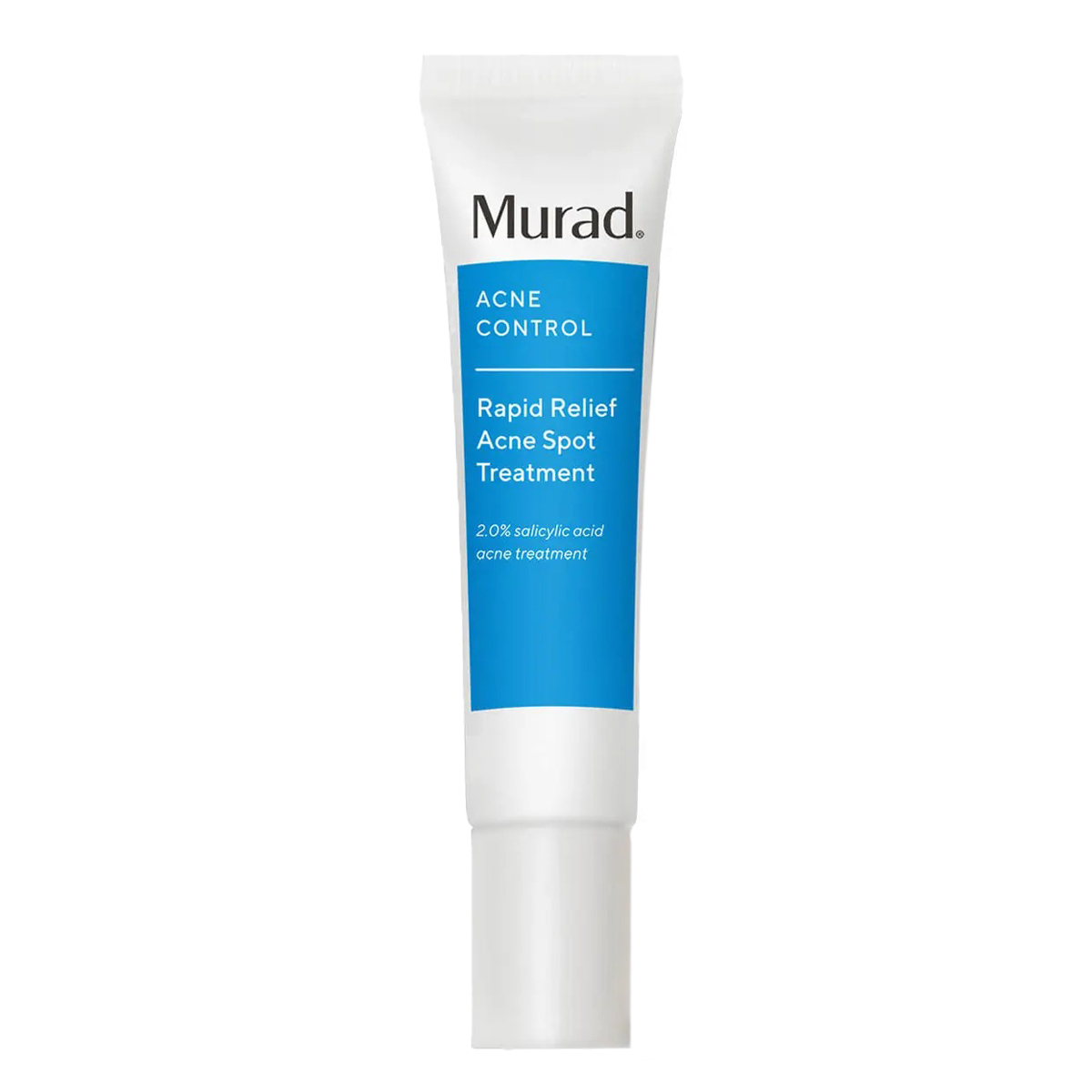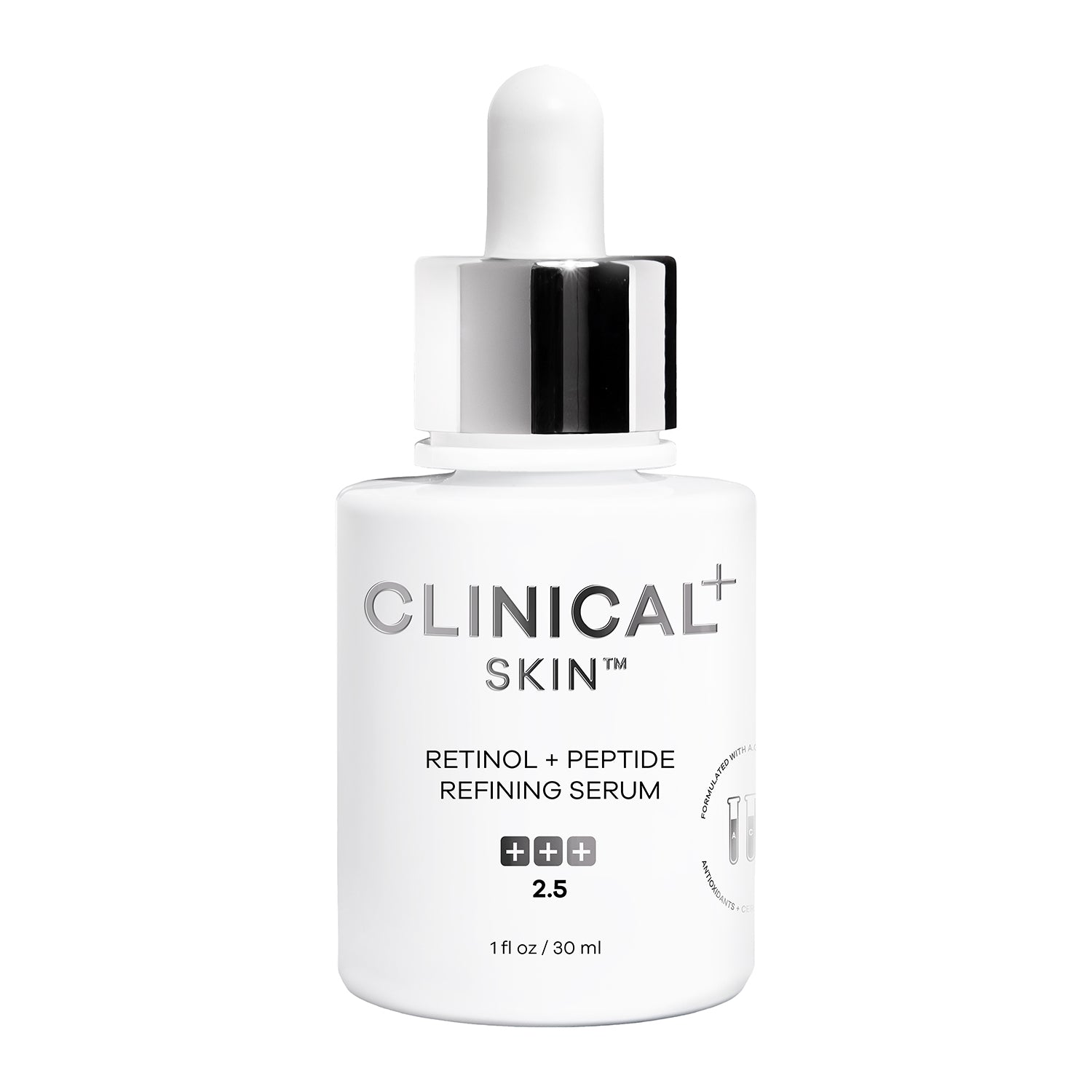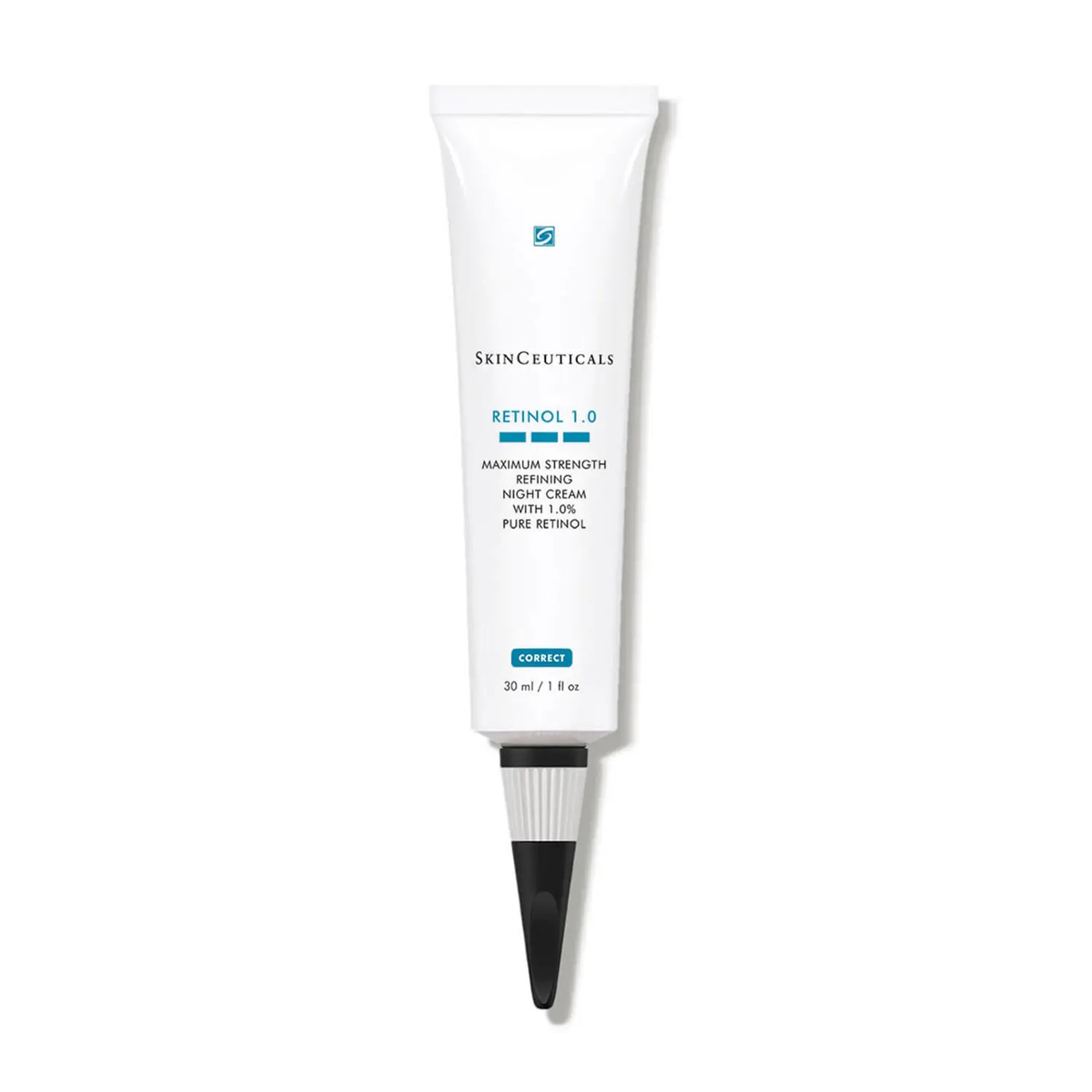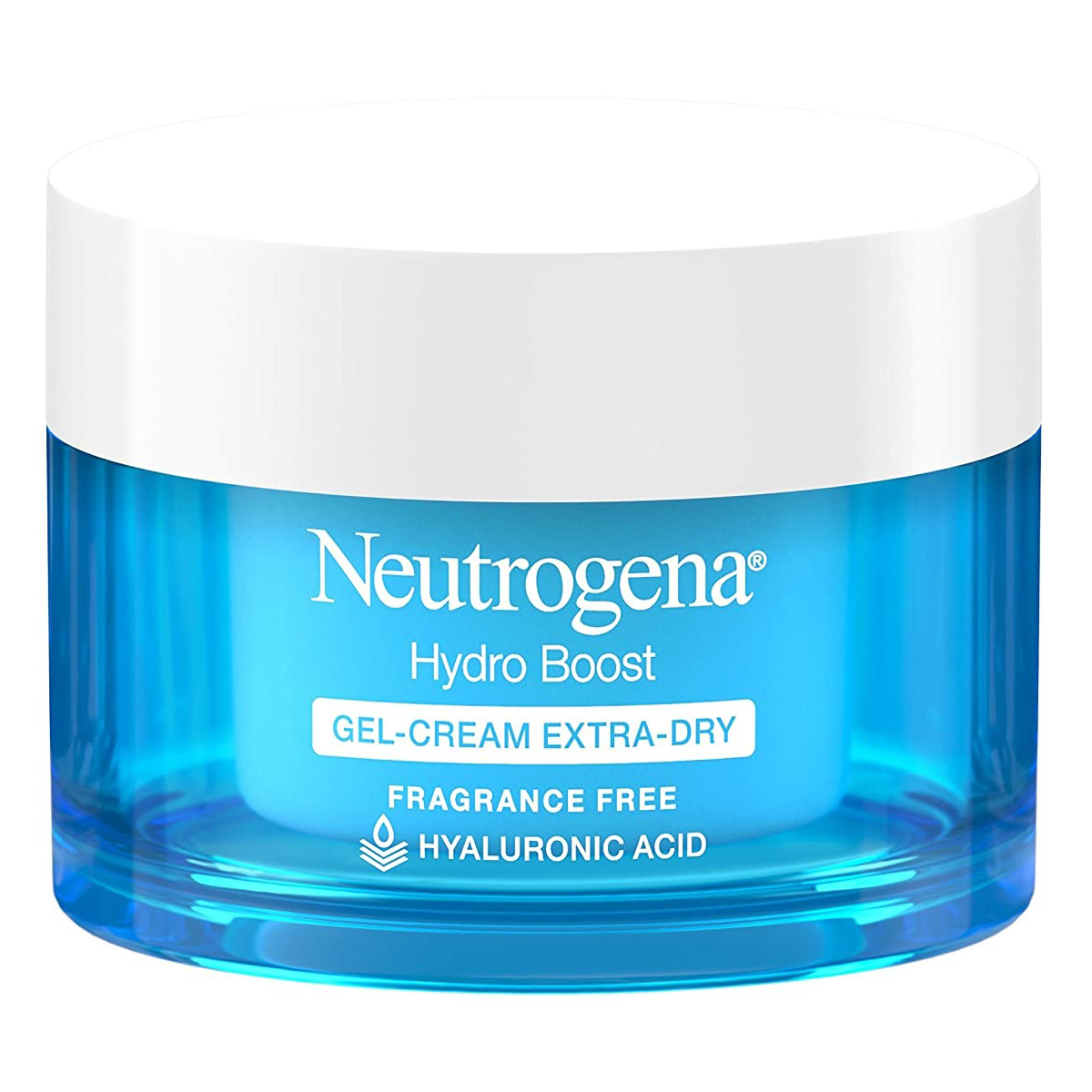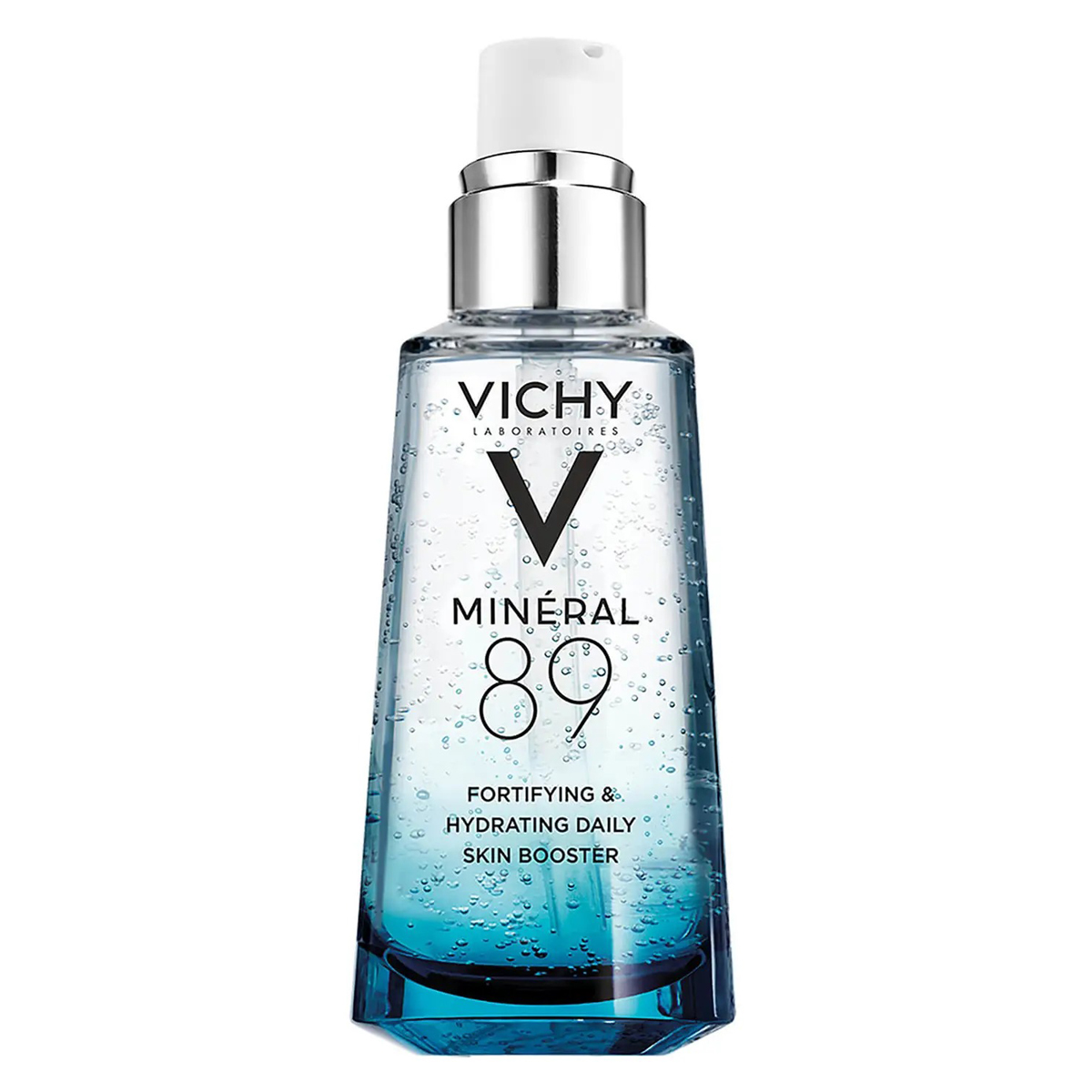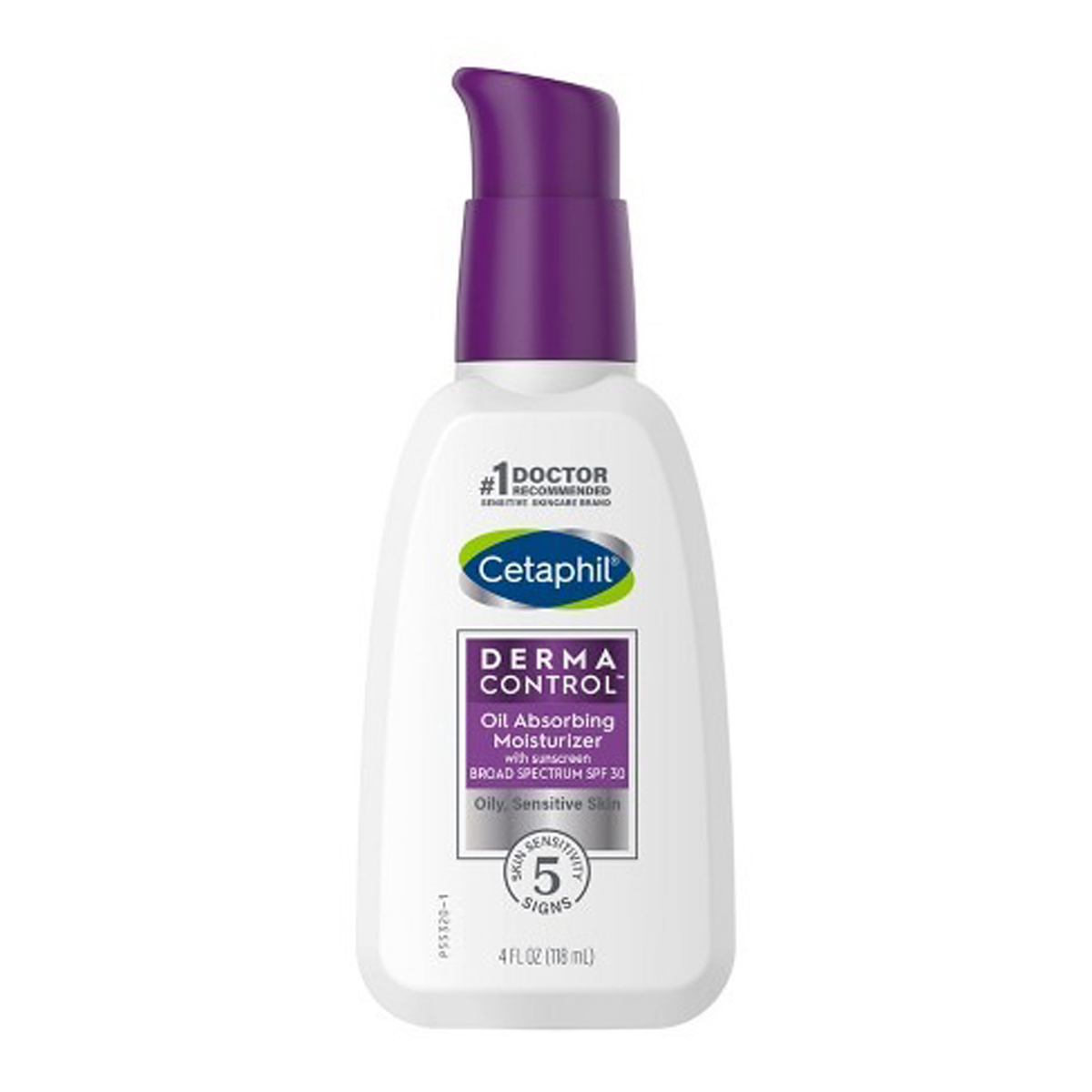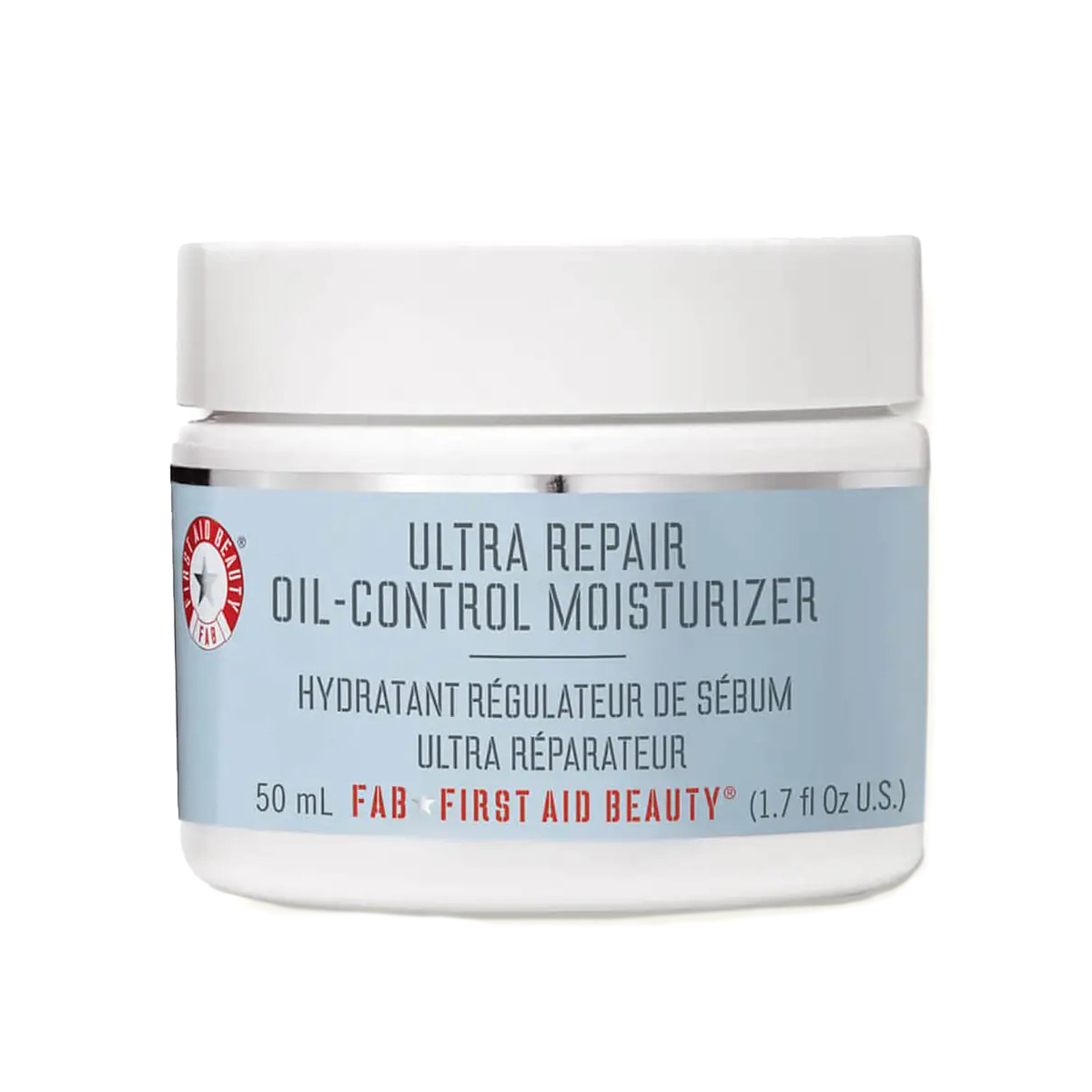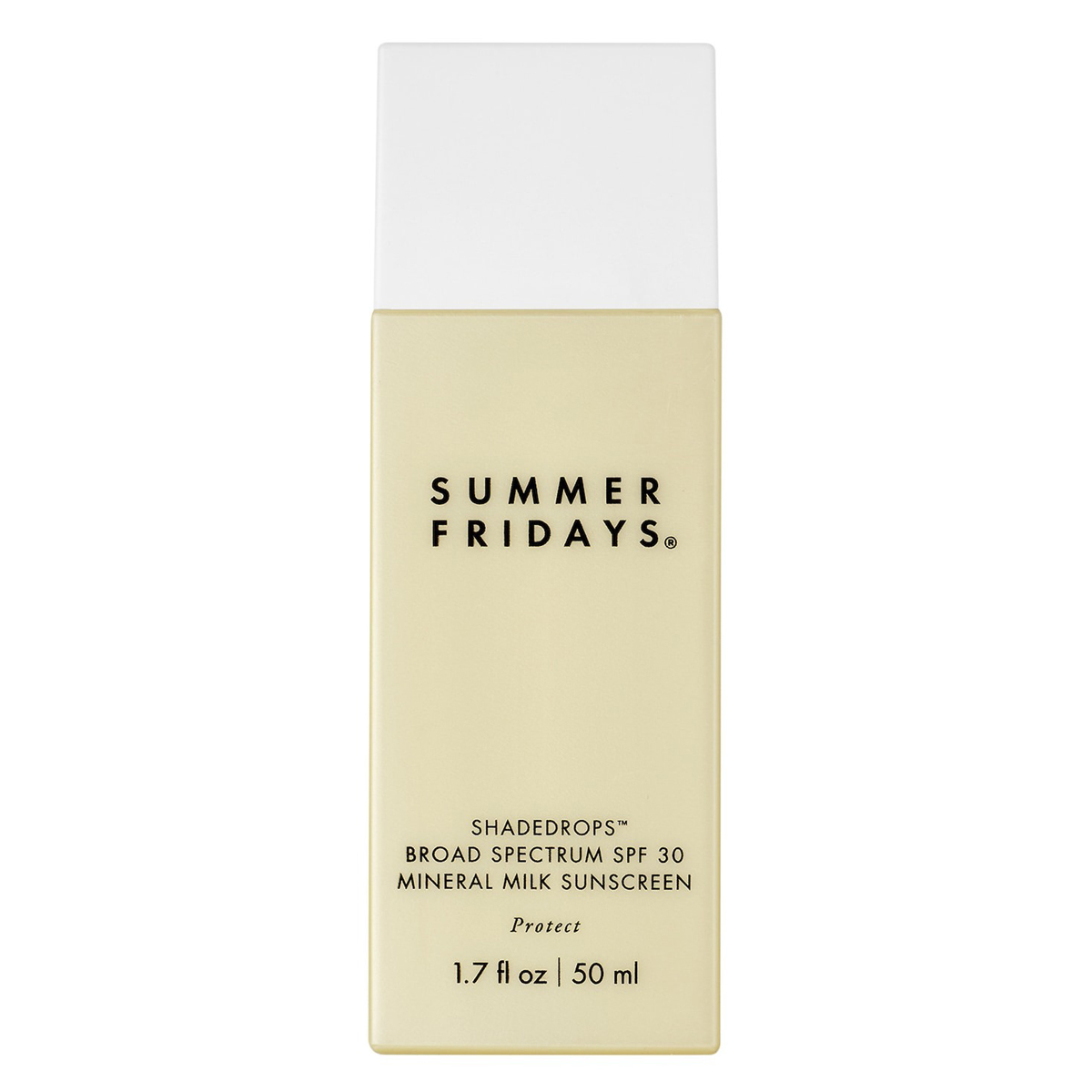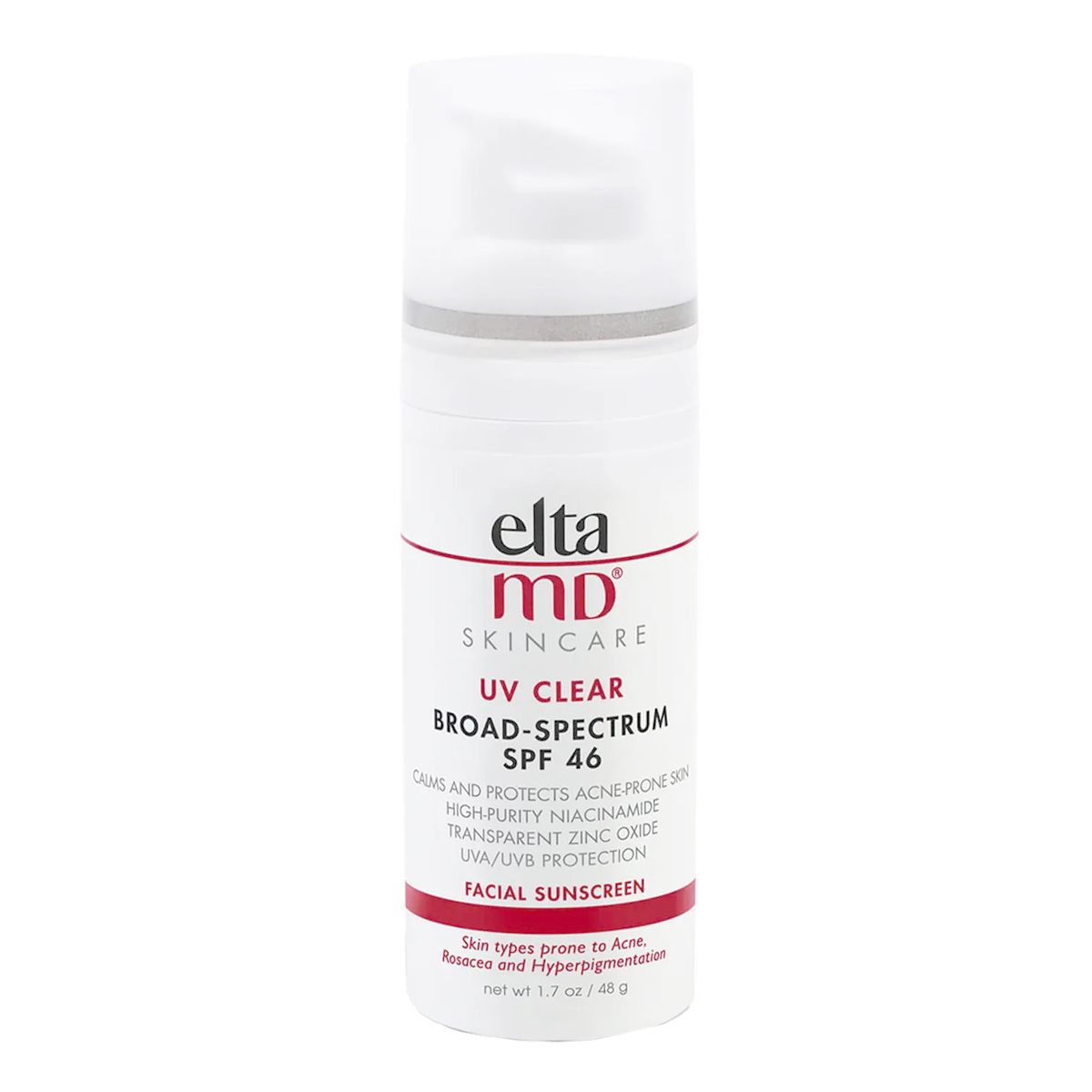I Used to Get Stress Acne on My Chin (Until Derms Recommended These 6 Things)
I’m going to tell you something that might make you hate me: I rarely struggled with acne as a teenager. I would get the occasional angry-looking pustule on my skin, but more often than not, I just used Clean & Clear and went about my day. It wasn’t until college—when I started spending late nights at the library studying and generally worrying more about everything—that I started dealing with a trickier type of acne: stress acne.
Since then, anyone who knows me can always tell when I’ve been more stressed than usual because I’ll get acne sprinkled across my chin. And for some reason, it seems like it is always on my chin. After a pretty nasty breakout recently, I decided it was time to get some answers. I reached out to two leading dermatologists to help me understand stress-related acne, and how I can start working to prevent and treat it better.
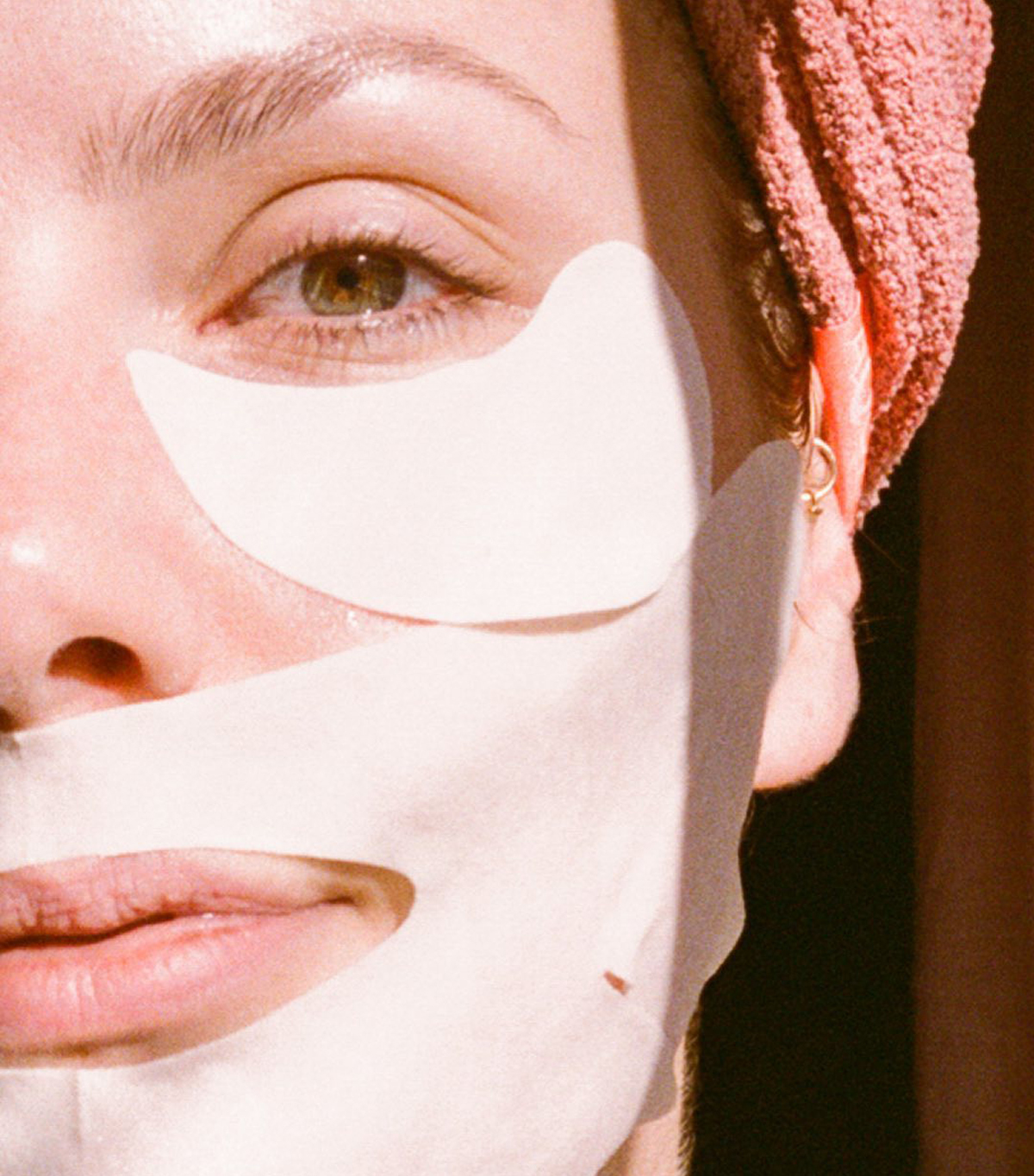
What exactly is stress acne, and how is it different from normal acne?
While stress doesn’t directly translate to acne, we’re much more prone to breakouts at high-stress times. When we get stressed, our body produces more cortisol, the "fight or flight” hormone, which causes a spike in your heart rate and blood pressure. This can lead to breakouts, according to Bertha Baum, DO, board-certified dermatologist, and cosmetic surgeon.
"Stress has been shown in numerous medical studies to contribute to flares of existing dermatologic conditions like eczema, psoriasis, and rosacea, and to interfere with the skin’s ability to heal and regenerate,” says Sara Hogan, MD, FAAD, and board-certified dermatologist. "In the case of acne, stress hormones like cortisol lead to an increase in inflammatory factors, oil production, and the synthesis of androgens (sex hormones, like testosterone), which in turn lead to further oil production in the skin.”
Why does stress acne tend to crop up on your chin?
Hogan explains that stress-related acne can happen on any part of your face that experiences increased oil production, like your T-zone. If you’re experiencing deeper, cystic acne on the lower part of your face (think your lower cheeks, chin, and jawline), there’s a good chance it’s probably hormonal rather than purely due to heightened stress levels. "Hormonal acne, unlike stress-associated acne, is temporally related to the menstrual cycle and flares a few days before the start of menstruation,” says Hogan. "Stress-associated acne can occur at any time, and lesions are often more inflammatory.”
How can you prevent stress acne?
Listen, if you’re alive right now, it’s pretty likely that you experience stress periodically, if not constantly. "I think it is unfair to tell a patient to ‘stress less,’” says Hogan. "All we can do is our best when it comes to navigating stressful situations. Consider ways to decrease the systemic inflammation that may drive acne.” She recommends aiming for a full night’s sleep to keep cortisol levels at bay.
When Baum’s patients experience stress-related acne, sleep is also one of her top recommendations. She also encourages patients with elevated tension to eat well-balanced meals, exercise, and follow a self-care routine. If that seems daunting, opt for trying to take 15 minutes for yourself to do something simple, like taking a walk, reading a book, or even just making a cup of tea. Taking care of yourself in little ways can improve your mental health vastly. And of course, never hesitate to speak to a mental health professional.
What kinds of products should someone use to improve and prevent stress acne?
1. Exfoliating cleanser
"An appropriate skin cleanser is key in the management of acne,” says Hogan. "To mitigate oil overproduction, consider a cleanser with a chemical exfoliant like salicylic [or] glycolic acid.”
2. Benzoyl peroxide
"To address the bacteria that contributes to acne, a cleanser containing benzoyl peroxide may be beneficial,” says Hogan.
3. Spot treatment
If you’re dealing with a few pimples, Hogan and Baum recommend dabbing on a spot treatment.
4. Retinol
Baum recommends that her patients experiencing acne use retinol every night.
5. Moisturizer
"Patients are often surprised to learn that all types of skin, including oil- and acne-prone skin, can benefit from a moisturizer,” says Hogan. "The key is to select the right moisturizer that is lightweight, oil-free, and non-comedogenic.”
6. Sunscreen
Never go without sunscreen. Baum tells her patients to use sunscreen to prevent post-inflammatory hyperpigmentation.
Next: I'm Using This $20 Brightening Serum to Fade Post-Summer Hyperpigmentation
Prior to her time at Who What Wear, Katie Berohn worked as the beauty assistant for Good Housekeeping, Woman's Day, and Prevention magazines, all part of the Hearst Lifestyle Group. She graduated from the University of Colorado, Boulder, with a major in journalism and minor in technology, arts, and media, and earned her master's degree at NYU's graduate program for magazine journalism. In addition, Katie has held editorial internships at Denver Life magazine, Yoga Journal, and Cosmopolitan; a digital editorial internship at New York magazine's The Cut; a social good fellowship at Mashable; and a freelance role at HelloGiggles.
